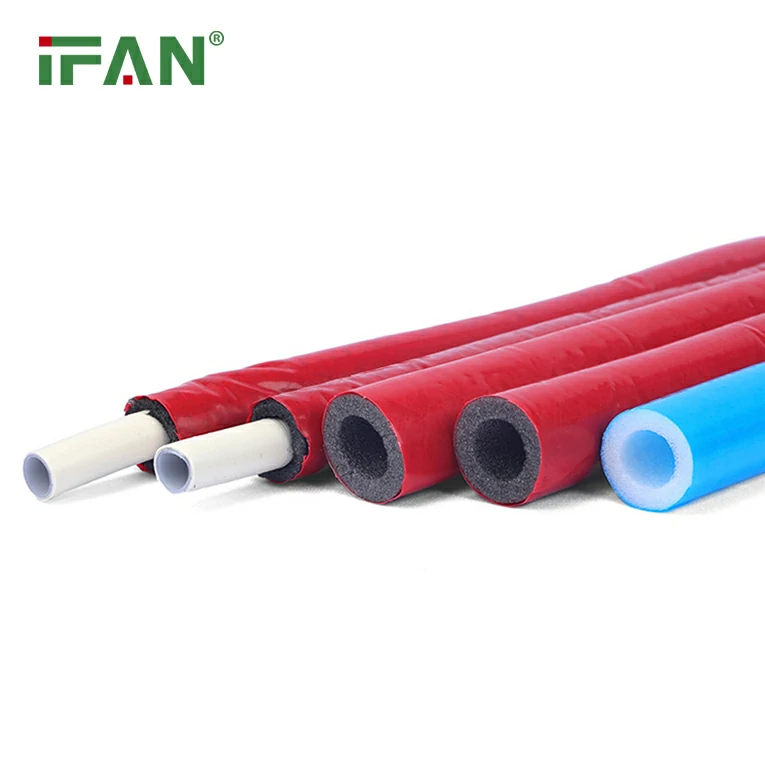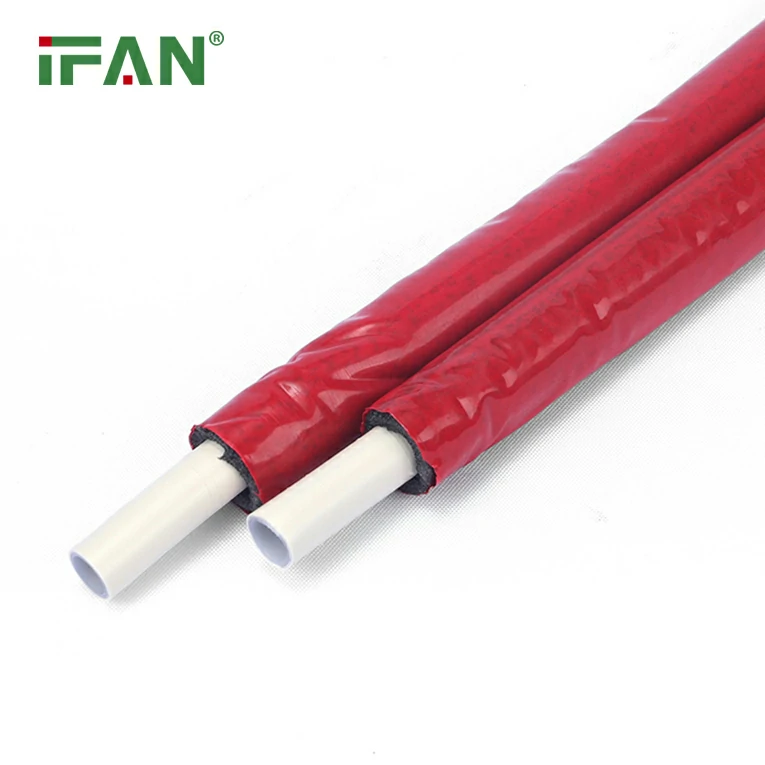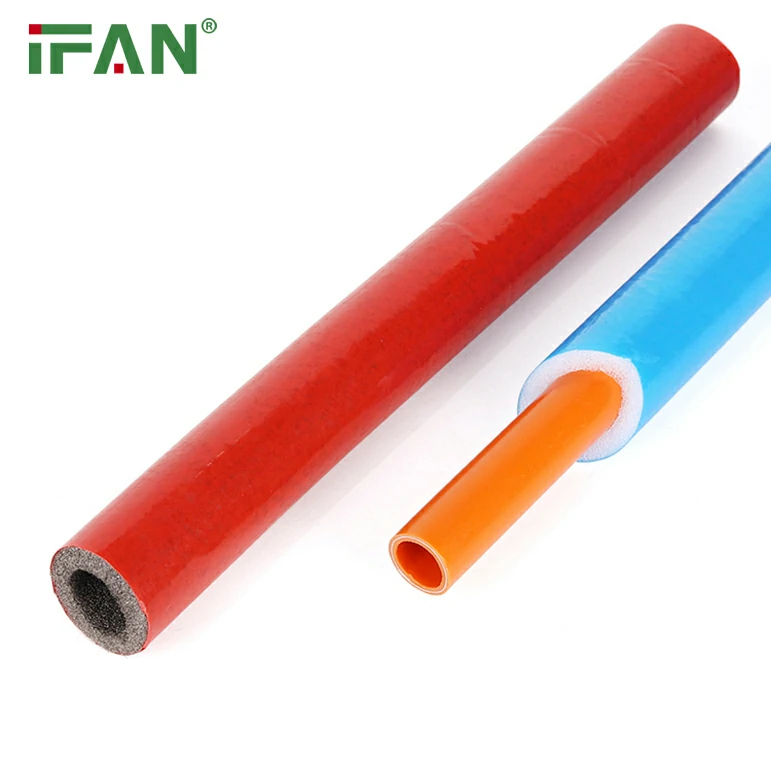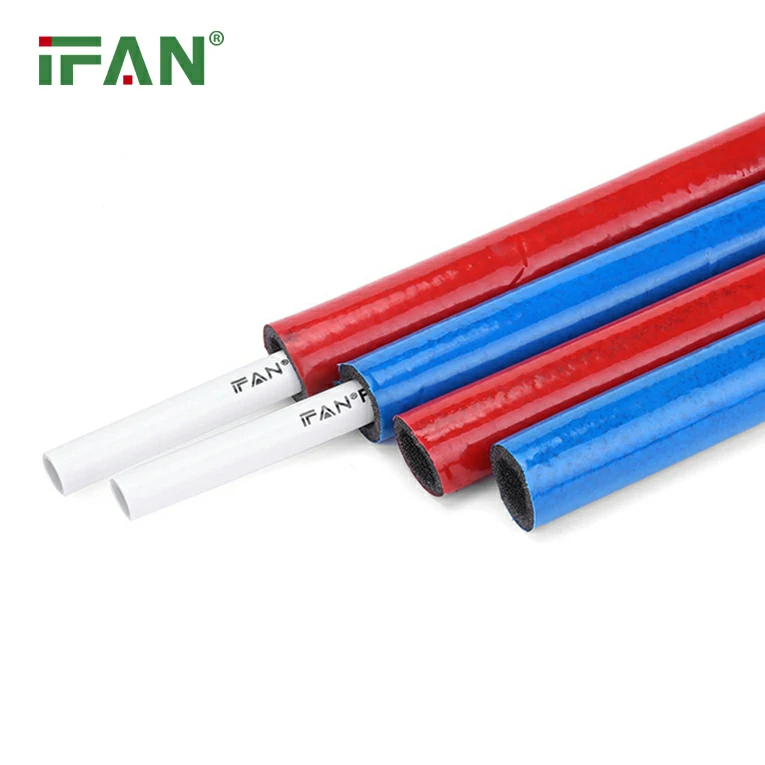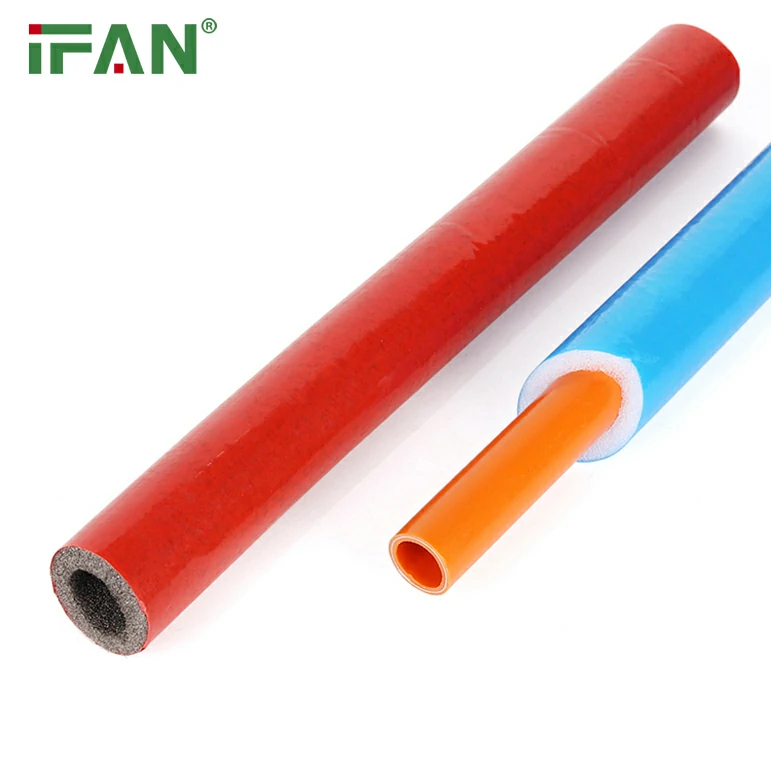Copper pipes are a popular choice for plumbing systems due to their durability, resistance to corrosion, and ability to withstand high temperatures. However, homeowners and plumbers have increasingly reported issues with copper pipes breaking or leaking over time. One of the main questions that arise from these issues is whether county water, or the local water supply, plays a significant role in the degradation of copper pipes. In this article, we will examine how county water can affect copper pipes, explore potential causes for the pipes breaking, and discuss how PEX fittings can be an alternative solution to this problem.
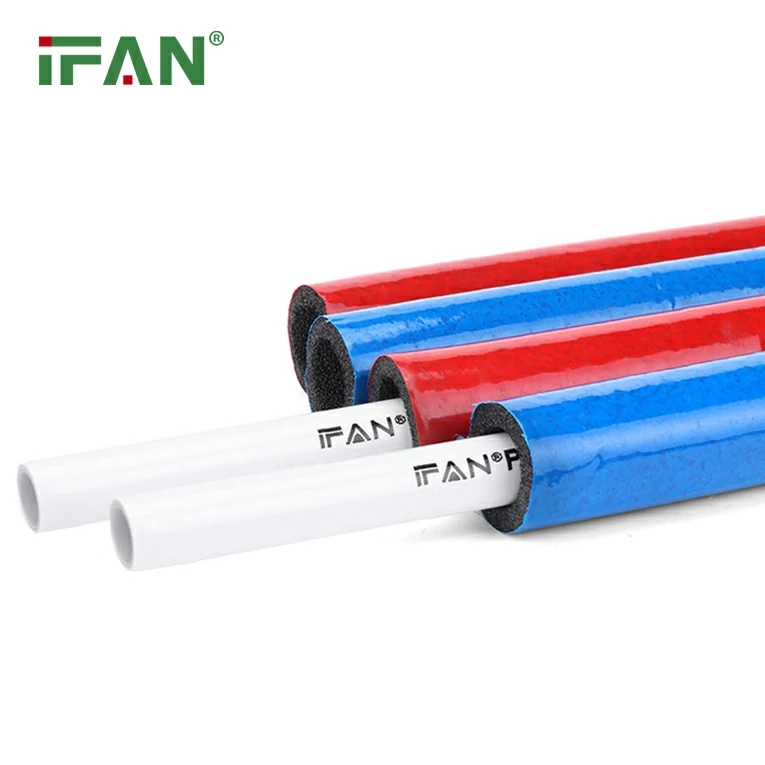
The Role of County Water in Copper Pipe Degradation
The quality of county water can vary greatly depending on where you live. Different municipalities may have different water treatments, mineral content, and levels of acidity. These factors can directly impact the longevity and performance of copper pipes. For example, hard water, which is water that contains a high level of minerals like calcium and magnesium, can accelerate the process of corrosion in copper pipes.
1. Hard Water and Corrosion
Hard water can cause scaling inside copper pipes, which over time, leads to reduced water flow and may increase pressure within the plumbing system. The minerals in hard water also contribute to the formation of copper oxide (a greenish-blue corrosion) on the interior of the pipes. This corrosion weakens the pipes and makes them more susceptible to breaking or leaking.
2. Acidic Water and Copper Piping
On the other hand, water with a low pH (acidic water) can also be a culprit when it comes to damaging copper pipes. Acidic water has a tendency to dissolve metals more quickly, which means that the copper will deteriorate at a faster rate. In regions where acidic water is a common issue, homeowners may notice their copper pipes breaking or leaking after just a few years of use.
3. Chlorine and Chloramine
Municipal water supplies often treat water with chlorine or chloramine to disinfect and kill bacteria. While these chemicals are effective at purifying water, they can also contribute to the corrosion of copper pipes. Chlorine, in particular, can react with copper over time, leading to pitting and weakening of the pipe material. This can result in fractures or leaks, which might be mistaken for problems caused by the water supply itself.
4. Water Pressure
In some cases, excessively high water pressure from the county water supply can also contribute to copper pipe failures. If the water pressure exceeds the recommended levels, it can stress the pipes and cause them to crack or burst. Regular maintenance of pressure regulators is essential in preventing this type of damage.
Signs of Copper Pipe Damage Due to County Water
Identifying early signs of copper pipe damage can help prevent major plumbing issues down the line. Some common symptoms include:
- Discolored Water: If your water starts turning brown, green, or blue, it may indicate the presence of copper corrosion. This discolored water could be the result of copper oxide leaching into your water supply.
- Leaks or Drips: Small leaks or water drips, especially near joints or fittings, may signal that the copper pipes are starting to break down.
- Low Water Pressure: When mineral buildup or corrosion causes blockages in the copper pipes, the flow of water may be reduced, leading to low water pressure.
- Visible Corrosion or Staining: If you can see green or blue stains around your faucets, it’s a sign that copper corrosion is happening. This corrosion may be visible on exposed copper pipes or at pipe joints.
Can PEX Fittings Help Solve the Problem?
If you’re facing ongoing issues with copper pipes breaking due to county water, you might want to consider replacing your existing plumbing system with PEX piping. PEX (cross-linked polyethylene) is a flexible plastic tubing that has become an increasingly popular alternative to traditional copper pipes.
1. Advantages of PEX Over Copper Pipes
- Resistance to Corrosion: Unlike copper pipes, PEX does not corrode. It’s immune to the problems associated with hard water, acidic water, or chlorine-induced damage. This makes PEX a highly durable option for homeowners who live in areas with challenging water conditions.
- Flexibility: PEX is highly flexible, which means it is less likely to crack or break due to pressure fluctuations or extreme temperatures. This flexibility also allows for easier installation, particularly in tight spaces or areas with complex plumbing layouts.
- Lower Risk of Leaks: Since PEX pipes are less prone to corrosion, the risk of leaks is significantly reduced. Furthermore, PEX piping systems are joined using fittings, rather than soldering, making them less susceptible to the types of weaknesses that can occur with copper pipe joints.
- Cost-Effective: PEX pipes and fittings are generally more affordable than copper pipes, and the installation process is simpler, which can help reduce overall project costs.
2. PEX Fittings
PEX fittings are the connectors that are used to join PEX pipes together. These fittings are available in a variety of forms, including crimp rings, push-fit fittings, and expansion fittings. They are typically made from brass or plastic, and they offer an easy and secure way to create a leak-proof seal. When compared to copper fittings, PEX fittings are more resistant to corrosion and do not react with water the same way that copper does.
PEX fittings can help ensure that your plumbing system remains secure and leak-free for a longer period, particularly when faced with water that might otherwise cause problems for copper pipes.
How to Prevent Copper Pipes from Breaking
If you don’t want to replace your copper pipes entirely with PEX, there are some maintenance steps you can take to help prolong the life of your copper plumbing system.
- Install a Water Softener
A water softener can help reduce the hardness of your water, which can reduce the rate of corrosion in your copper pipes. By filtering out the excess minerals, you can extend the lifespan of your plumbing system. - Check Water pH Levels
If you live in an area where acidic water is common, it may be worth testing the pH level of your water. If the water is too acidic, consider installing a neutralizer or filter to bring the pH level to a more neutral range, which will be less damaging to your copper pipes. - Regular Maintenance and Inspections
It’s essential to inspect your plumbing system regularly for signs of damage. Having a professional plumber check for any signs of wear, corrosion, or leaks will help catch issues early and prevent more severe problems down the road. - Pressure Regulation
Ensure that the water pressure in your plumbing system is within the acceptable range. Installing a pressure regulator can prevent high pressure from causing damage to your pipes.
Conclusion
While county water can certainly have an impact on the longevity of copper pipes, it’s not the only factor. Hard water, acidic water, chlorine treatment, and high water pressure all contribute to the degradation of copper plumbing systems. However, for homeowners looking for a long-lasting, corrosion-resistant solution, PEX fittings and piping systems are a viable alternative. PEX’s flexibility, resistance to corrosion, and ease of installation make it an excellent choice for those looking to avoid the problems that come with copper pipes exposed to harsh water conditions.
Frequently Asked Questions (FAQs)
1. Can county water be the cause of my copper pipes breaking?
Yes, county water can contribute to copper pipe degradation, particularly if the water is hard, acidic, or contains chlorine. These factors can accelerate corrosion, leading to leaks or pipe failure.
2. What is PEX, and why is it better than copper piping?
PEX (cross-linked polyethylene) is a flexible plastic tubing that resists corrosion and is less likely to break under pressure. It is often used as a cost-effective and durable alternative to copper pipes.
3. Can I install PEX fittings myself?
Yes, PEX fittings are designed for DIY installation and require minimal tools. However, if you are unsure, it’s always best to consult with a professional plumber to ensure a secure and leak-proof installation.
4. How do I know if my water is too hard for copper pipes?
Signs of hard water include mineral buildup around faucets, reduced water pressure, and visible corrosion on your pipes. You can also test your water hardness using a water hardness test kit.
5. Will replacing my copper pipes with PEX fix existing leaks?
Replacing old, corroded copper pipes with PEX can help prevent further leaks and issues. If your copper pipes are already leaking, replacing them with PEX is a long-term solution to avoid future plumbing problems.

